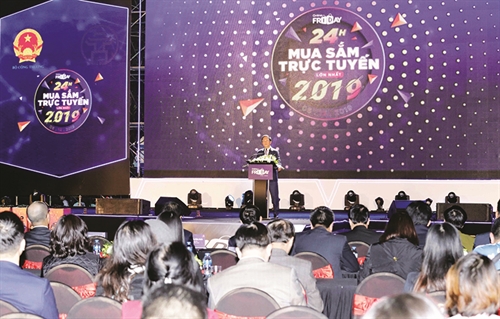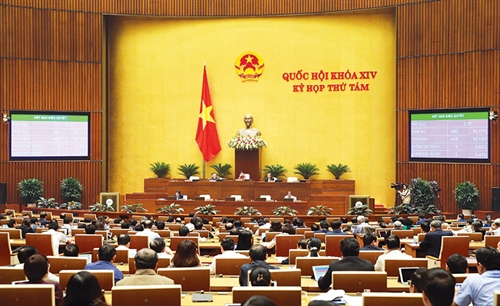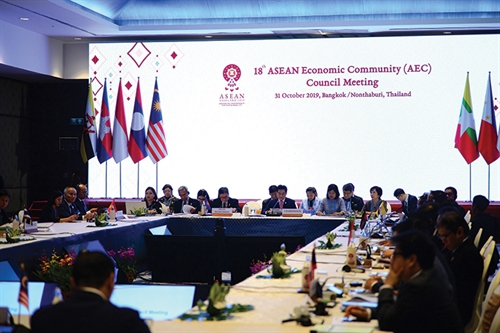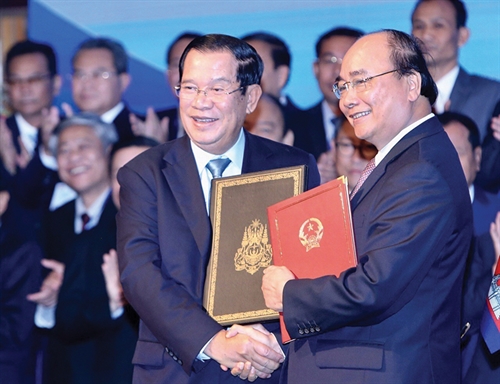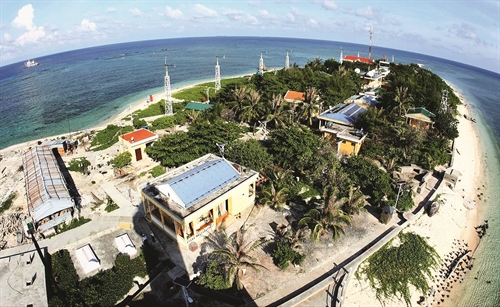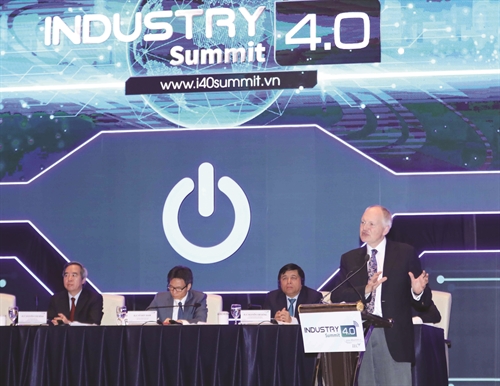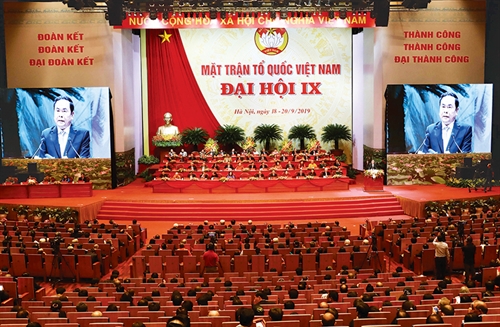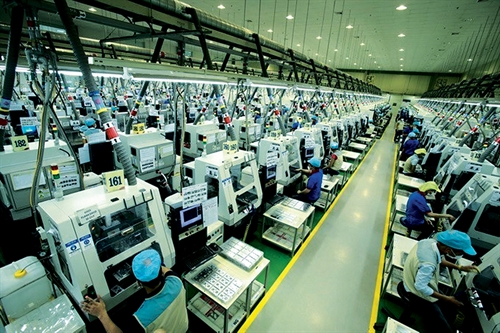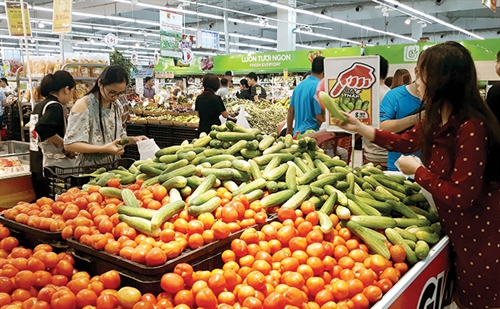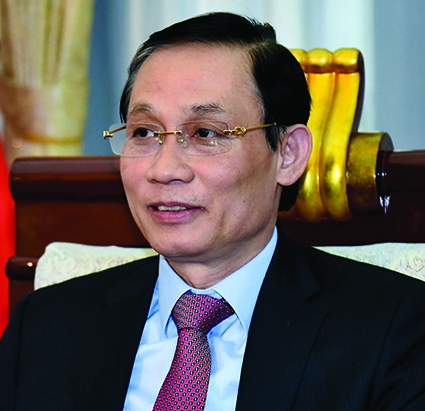 |
Deputy Foreign Minister Le Hoai Trung has recently talked to the press about Vietnam’s achievements in promoting human rights.
What achievements has Vietnam gained in protecting and promoting human rights?
The protection and promotion of human rights have been firm commitments of the Vietnamese State over many decades.
Human rights have been placed in the center and been considered a goal and motivation for all policies and actions of the country. Though Vietnam has faced many difficulties and challenges, the task of protecting and promoting human rights has achieved notable achievements.
Since the 2013 Constitution was adopted, the work of legal reform and the completion of national institutions and policies have been further promoted. Up to now, Vietnam has passed more than 100 codes and laws related to human rights. On November 20, the National Assembly passed the new Labor Code which is basically compatible with the International Labor Organization’s important international conventions.
According to a United Nations Development Program (UNDP) report in 2018, Vietnam ranked 116 out of 189 in the Human Development Index and 67 out of 160 in the Gender Equality Index. According to a World Bank report, the percentage of poor households in Vietnam has dropped by 13 percent.
According to the UNDP report, at present 70 percent of Vietnamese people have daily access to the Internet and people’s economic rights have been well protected and exercised.
What other successes can you tell us about?
Vietnam’s achievements in human rights have served as an important basis for the country in its diplomatic activities.
In 2019, Vietnam completed its Universal Periodic Review (UPR) - Third Cycle. Our UPR received quite a lot of positive comments from many countries and international organizations.
Besides holding dialogues with UN member states within the framework of the UPR, Vietnam has also conducted diplomatic rounds or bilateral consultations with some partners who have shown interest in human rights.
In all UN, ASEAN and ASEM forums, Vietnam has always reiterated its policy to protect and promote human rights and has committed to contributing to promoting human rights and implementing the global agenda for sustainable development, response to climate change, gender equality, and others.
Vietnam holds high the principles of independence, sovereignty and non-interference in another country’s internal affairs, and no politicalization of human rights. Vietnam regards dialogue and cooperation as the best ways to consider all issues relating to human rights.
In 2019, in the Human Rights Council, Vietnam, Bangladesh and the Philippines joined efforts to take the Resolution on Climate Change and Rights of People with Disabilities. The resolution has received support from 49 other countries.
When Vietnam was a non-permanent member of the UN Security Council of the 2008-09 tenure, it played an important role in pushing through the adoption of Resolution 1899 of the Council on women’s role in the post-conflict process. In its capacity as a non-permanent member in the UN Security Council of the 2020-21 tenure, Vietnam will organize important events relating to women’s role in the post-conflict process, particularly in negotiation, peace construction and the post-war reconstruction.
Could you tell us about the difficulties in implementing policies on human rights in Vietnam?
There are shortcomings and limitations that need to be overcome. For instance, in legal aspects, we need to make laws more effective and less overlapping. The administrative system needs to be reformed to better serve the people.
The people’s awareness of their rights is insufficient, and the capacity of officials to guarantee the rights of the people is still weak. Objective socio-economic conditions do not allow us to have resources to ensure the people’s rights as expected. Another difficulty is that some organizations and individuals abuse human rights and democratic freedoms to serve their own political intentions, which is contrary to the common interests of the community and the law.
In the near future, how will Vietnam ensure the exercise of human rights?
Vietnam will continue to improve the legal system based on promoting positive aspects and results achieved in human rights policies. We will have to complete and supplement policies related to human rights issues, as well as develop measures to enforce laws on human rights.
More importantly, we must strengthen education about human rights among the public as well as civil servants in the political system; the responsibility of state agencies to guarantee human rights; and responsibilities of the people as well as socio-political organizations and socio-professional organizations in ensuring human rights.
Vietnam will continue to promote dialogue and international cooperation, and increase participation in international human rights institutions. Thereby, we can learn and share experience with international partners on the process of ensuring human rights in the country.- VNS/VLLF
